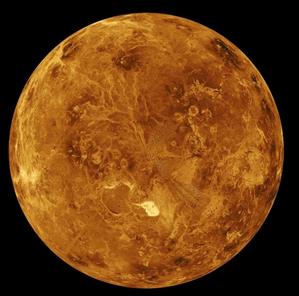Taiwanese singer at prestigious music awards: “Don’t forget Tiananmen”

By Angie Teo and Fabian Hamacher
TAIPEI (Reuters) – Taiwanese singer and activist Panai called on Saturday at one of the most prestigious entertainment events in the Chinese-speaking world not to forget China’s bloody crackdown on pro-democracy protesters in Tiananmen Square in 1989.
Chinese artists have largely stayed away from the Golden Melody Awards in Taiwan in recent years amid renewed tensions between democratically governed Taiwan and China, which views the island as its own territory. The reference to Tiananmen is unlikely to make the ceremony any more sympathetic to Beijing.
As Panai took the stage after winning Best Taiwanese Language Album at the ceremony in Taipei, he noted that this was the 35th anniversary of the awards ceremony.
“The events in Tiananmen Square happened exactly 35 years ago, we should not forget that,” she said.
On June 4, 1989, Chinese tanks rolled into the square before dawn, crushing weeks of pro-democracy demonstrations by students and workers. China has never released the exact death toll, but human rights groups and witnesses say the number could be in the thousands. Public discussion of what happened is taboo in China, but in Taiwan it is spoken about freely.
China says it came to a clear conclusion about the 1989 events “a long time ago.” China’s Taiwan Affairs Office did not immediately respond to a request for comment.
Panai has been fighting for the rights of Taiwan’s indigenous people for years.
“Democracy is a long road and not an easy one. We are under pressure because we do not know if we will be intimidated by a ‘greater’ power,” she told reporters backstage after her victory.
“The reason I mentioned this event on stage is because Taiwan’s democracy is a process that we all have to value; our freedom and freedom of expression is what we have to protect.”
Taiwanese President Lai Ching-te quoted Panai’s comments on Tiananmen Square on his Facebook page and praised the freedom that artists enjoy in Taiwan.
“Music is life, and music is also unfettered freedom. We will continue to protect and defend the creative freedom of all musicians,” he wrote.
Despite several high-profile nominations, including Xu Jun for best composer, no Chinese singers were present at this year’s awards ceremony.
Another Chinese singer, Jude Chiu, arrived in Taiwan but returned to the country before the awards ceremony for health reasons, Taiwan’s official Central News Agency reported.
Although Taiwan has a population of just 23 million, the country’s pop music scene has enormous cultural influence throughout East Asia, especially in China, in part because creativity there is unhindered by censorship.
The award recognizes not only Mandopop artists, but also artists who sing in Taiwanese (also known as Hokkien), Hakka, or indigenous languages such as Bunun, a visible sign of the Taiwanese government’s efforts to promote once-oppressed languages.
(Reporting by Angie Teo and Fabian Hamacher; Writing by Ben Blanchard; Editing by Clelia Oziel and William Mallard)



